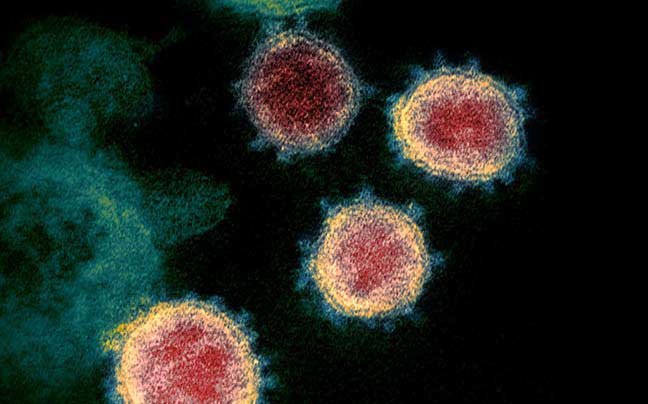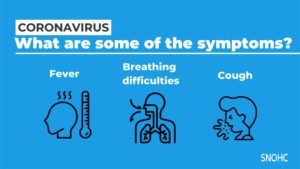What is Coronavirus?
Coronavirus, or as called COVID-19, is a kind of respiratory illness that is caused by a new virus. It could cause illnesses such as MERS-CoV (respiratory syndrome, first identified in Saudia Arabia in 2012), SARS-CoV (Middle East respiratory syndrome, first identified in China in 2003), or simply a common cold. The symptoms are different but range from a mild cough to pneumonia (an infection in one or both lungs). Coronaviruses are zoonotic, meaning they are transmitted between animals and people.
A type of new virus which is called the 2019 novel coronavirus (2019-nCoV) has been identified as the source of the disease outbreak that began in China.
Evidence proves it spreads from person to person. It is recommended that good hygiene could prevent infection. In this blog, you’ll learn many different prevention methods against this disease.
Where did the Coronavirus come from?
It’s known that coronaviruses circulate in a range of animals. Sometimes these viruses can make the jump to humans; this is called spillover. It could be due to a range of different factors, such as mutations of viruses or increasing contact between humans and animals. For example, (MERS-CoV) is known to be transmitted from camels, and SARS-CoV is from civet cats. The animal reservoir of coronavirus 2109 is not known yet.
The first confirmed reported case of Coronavirus was in Dec 2019 in Wuhan City in China.
There isn’t much information about this new virus yet. Public health groups, such as WHO and the CDC, are tracking the situations and releasing updates.
Where does the name “Corona” come from?
Coronaviruses are a group of viruses that consist of a core of genetic materials surrounded by an envelope with protein spikes. This gives it the appearance of a crown. Crown in Latin is called Corona. That’s how these viruses got their name.
What are the symptoms of Coronavirus?
There can be different symptoms from mild to severe. The mortality rate is around 2 percent, but it’s not finalized yet. Symptoms and signs of infection with the new Coronavirus could appear 2 to 14 days after exposure and can include:
- Flu-like symptoms such as fatigue, sore throat, and coughing
- Fever
- Cough
- Difficulty breathing or shortness of breath
The new coronavirus symptoms of severity can vary from very mild to severe, even death. Understanding this disease continues to grow and change. Most infected people are older people with severe illness, also people who have not received common vaccinations or people who had other significant existing medical conditions. The last one has been seen in people who suffer severe infections with other respiratory illnesses, such as influenza.
How can we say whether someone is infected with Coronavirus?
The infection can be diagnosed by a test called PCR or Polymerase Chain Reaction. This test identifies the virus based on its genetic fingerprint.
How is Coronavirus transmitted?
The exact dynamics of how the Coronavirus is transmitted is yet to be determined. It seems that it spreads from person to person in close contact among the infected ones. Some experts say it might spread by respiratory droplets released when infected people sneeze or cough.
There are strong pieces of evidence that the Coronavirus spreads from person to person, particularly in the Hubei Province of China.
It is most likely that the virus spreads through:
- Intimate contact/relationship with an infected person
- An object or place that has been contaminated with the virus
- Touching/coming in contact with the surfaces or objects that have sneeze or cough droplets from an infected individual, then touching your face/mouth.
- Coming in contact with the droplets of sneeze or cough from an infected person
Who is at most risk from Coronavirus?
Most reported cases of Coronavirus are from Wuhan City in Hubei Province of China.
Overall, people most at risk of getting the virus are those who have:
- Recently been in mainland China
- Have been in intimate contact with someone who is a confirmed case of Coronavirus





